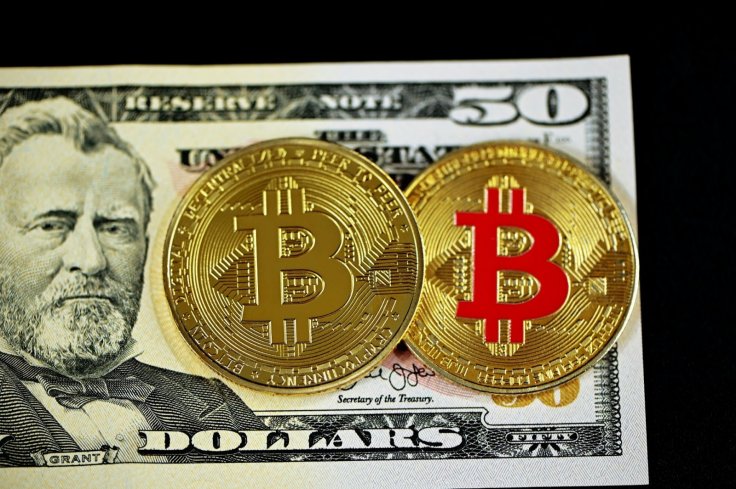
Rafflection, the world's first raffle-based DeFi protocol on the Binance Smart Chain (BSC), has completed its pre-sale on DxSale, raising 500 BNB.
It has also run the first raffle contract, so far awarding winners over $9k of RAFF.
What is Rafflection?
RAFF is the platform's BEP-20 token that's native to the BSC. There will be 1 billion RAFF tokens as total supply.
The Rafflection system runs on the scalable and low fee Binance-powered BSC platform. It introduces a next-generation DeFi system with a novel incentive mechanism that includes static rewards and liquidity injection.
Rafflection randomly awards long-term RAFF holders. This way, the system automatically encourages RAFF holders to keep their system aware that Rafflection can randomly reward them.
The Rafflection system awarded 3.92 BNB worth—or 284.919 million RAFF-- to winners in the latest automated raffle contract runs.
The latest won 1.58 BNB worth of RAFF tokens.
Rafflection will continuously run raffles every four hours—down from eight--after changes were made.
Winners will be selected randomly. This rewarding mechanism is new to DeFi and described by Rafflection as the best way to make HODLing a long-term solution.
Problems with Rewarding in DeFi and Crypto
Different DeFi protocols have different ways of incentivizing network users.
Through staking, for example, Proof-of-Stake platforms like Cardano would automatically award validators a given yield every year.
At the same time, the randomly selected validator, chosen to validate block transactions, receives transaction fees associated with that block.
In the Proof-of-Work system, the successful mining pool wins the block reward and transaction fees. On the other hand, DeFi protocols have been inventive, introducing yield farming where liquidity providers are rewarded with high yields in exchange for new tokens.
Innovative as they are, yield farming risks being unsustainable.
Furthermore, mining is now being frowned on as energy inefficient.
It explains why projects are shifting away to other consensus algorithms, often sacrificing decentralization for speed and energy efficiency—an anti-thesis for blockchain principles.
Raffle Winners are Randomly Selected
Rafflection approach is unique and lowers entry barriers.
For instance, RAFF holders need to have 0.001% of (total supply - burn) to meet any threshold or pass any criteria to be rewarded.
Since the raffle is automated and winners are randomly chosen, all they have to do is HODL RAFF tokens.
The further streamline this rewarding system, Rafflection eliminates the need of claiming tokens.
Winners will automatically receive their RAFF share on their addresses. It is a divergence from other reward systems where users are inconveniently forced to claim their tokens lest their winnings are burnt.
Boosting RAFF Liquidity and Burns
The protocol will also charge an eight percent fee on all transactions. Holders of RAFF who aren't selected will benefit.
Four percent of charged fees will be re-distributed to RAFF holders and a small portion destroyed.
Two percent is for RAFF liquidity pools based on transaction volumes. Herein, one percent will be converted for BNB. Together with the BNB acquired, the other one percent is for boosting the liquidity of RAFF pools. Liquidity tokens will be destroyed.
Finally, the remaining two percent of fees are sent back to the raffle contract.
Currently, PancakeSwap—a Uniswap alternative in BSC—is the only market for RAFF. Rafflection also plans to list RAFF on CoinGecko and CoinMarketCap in Q2 2021.








